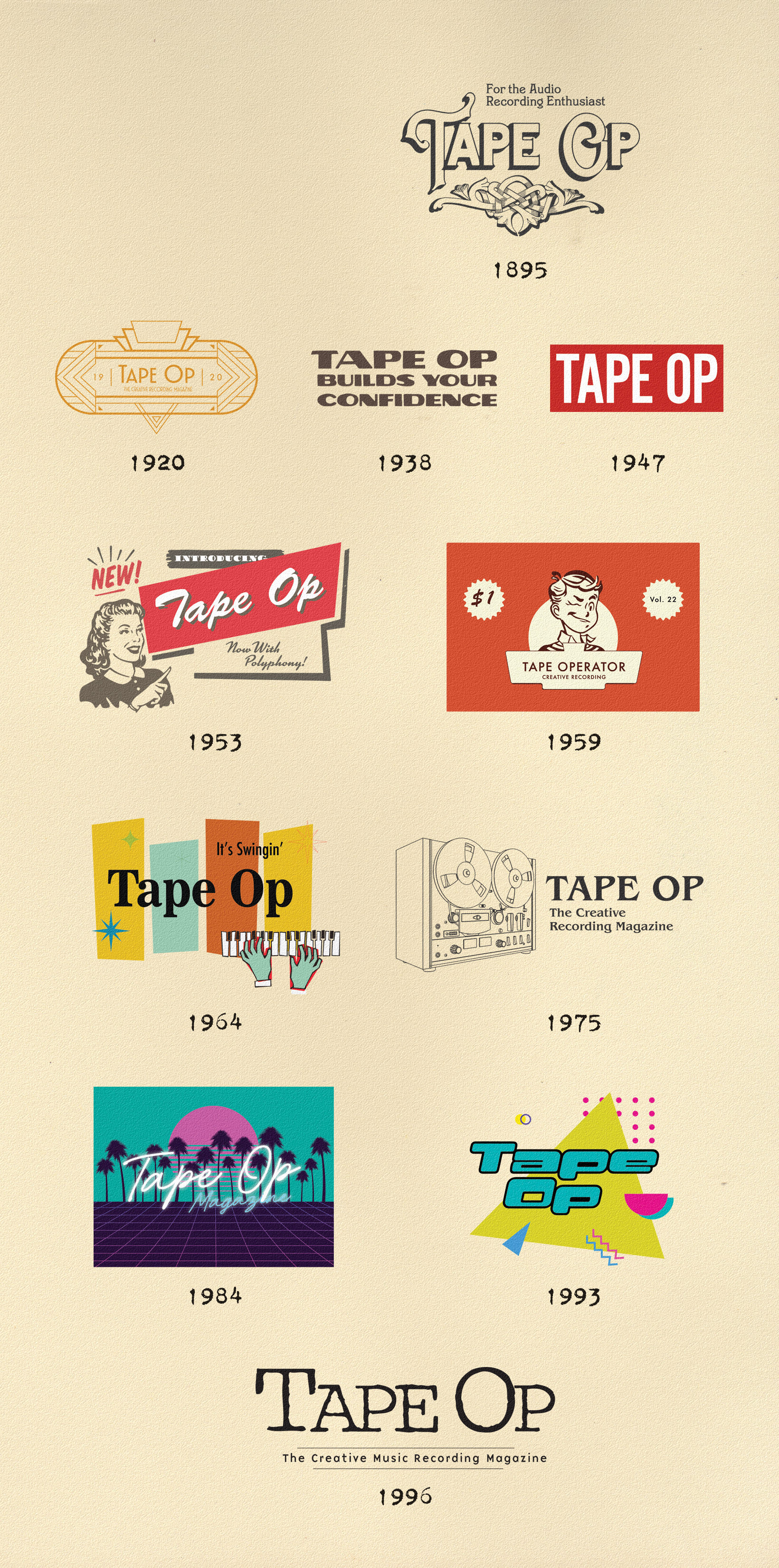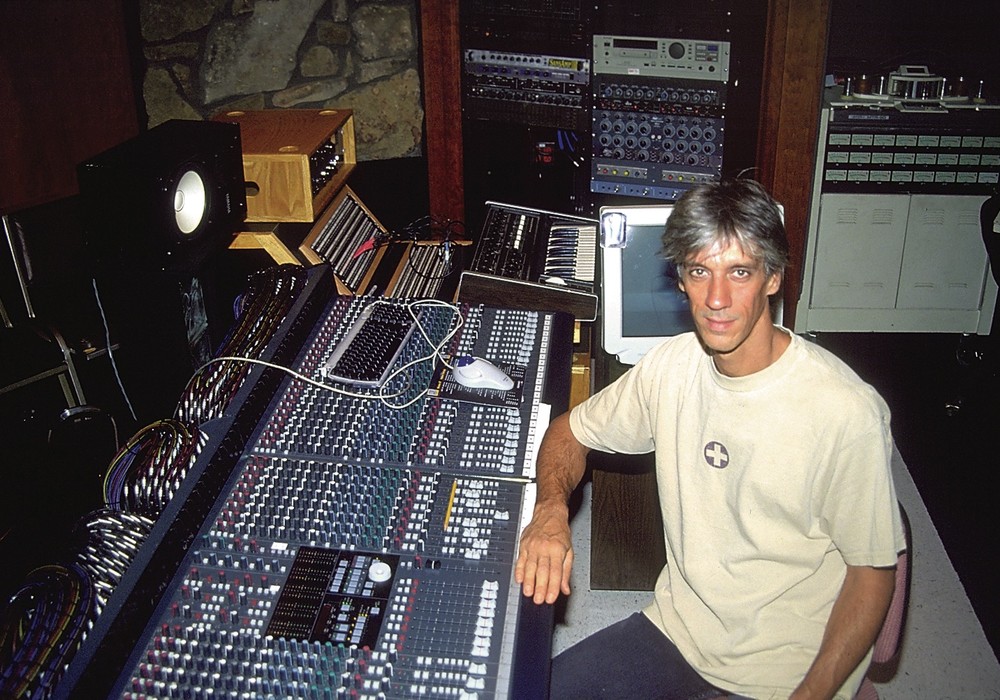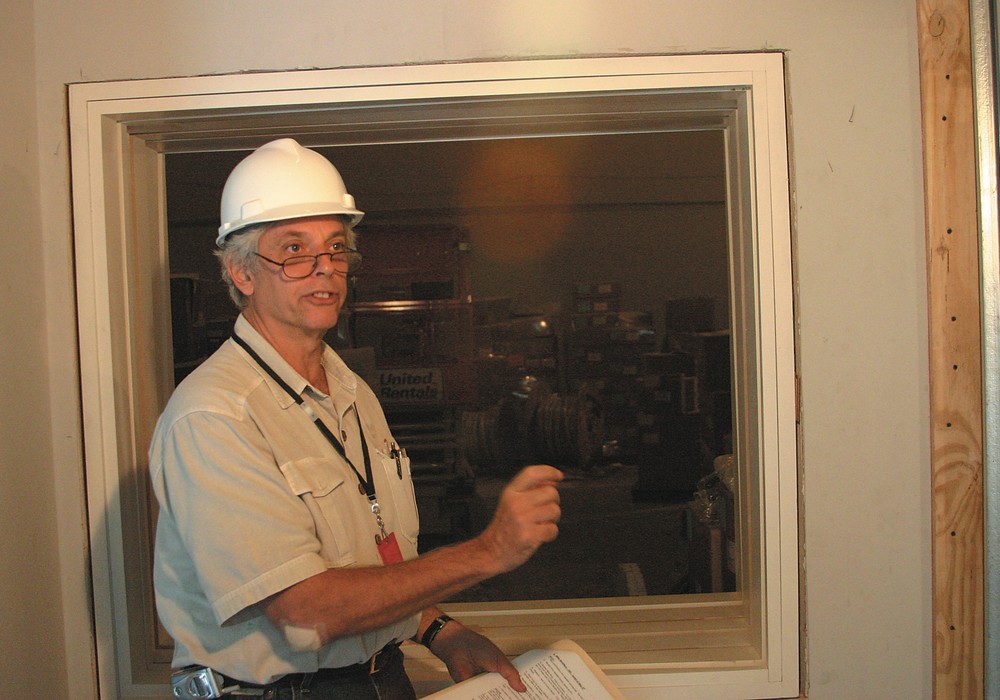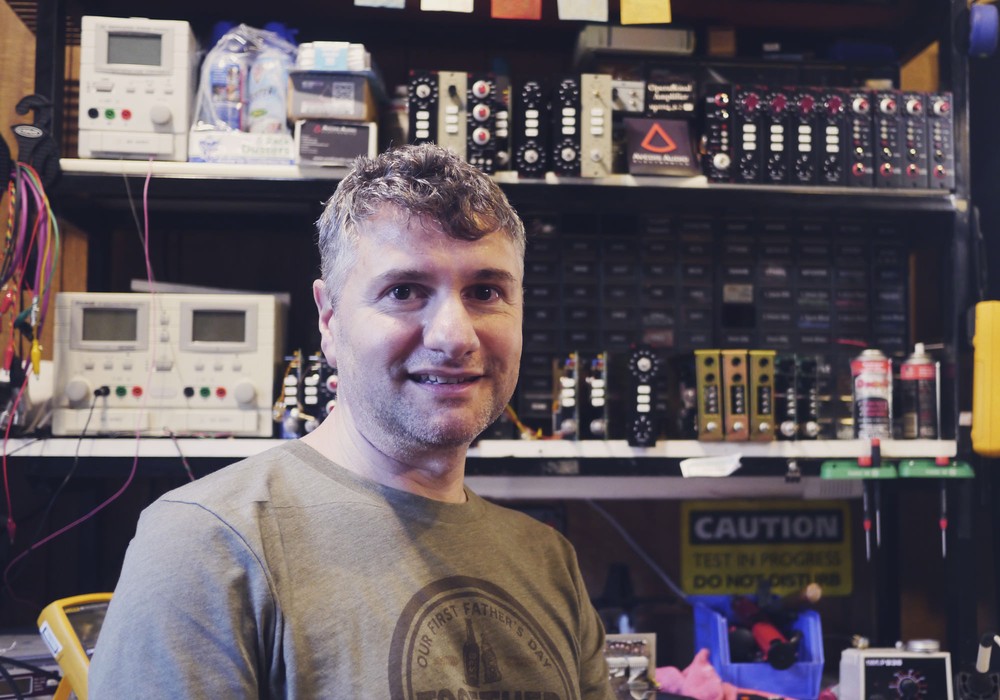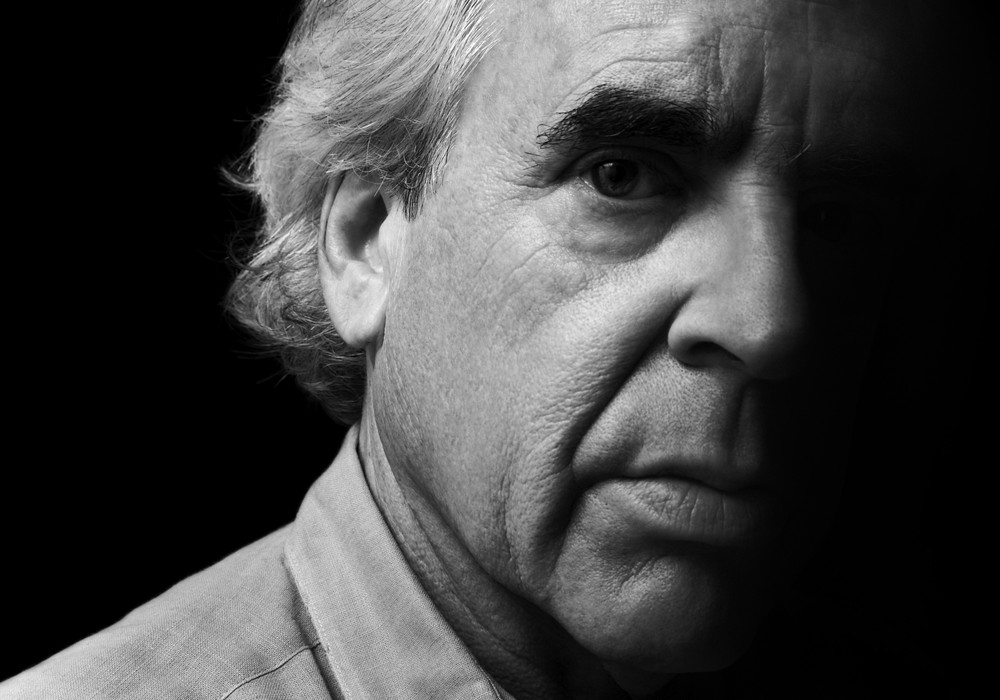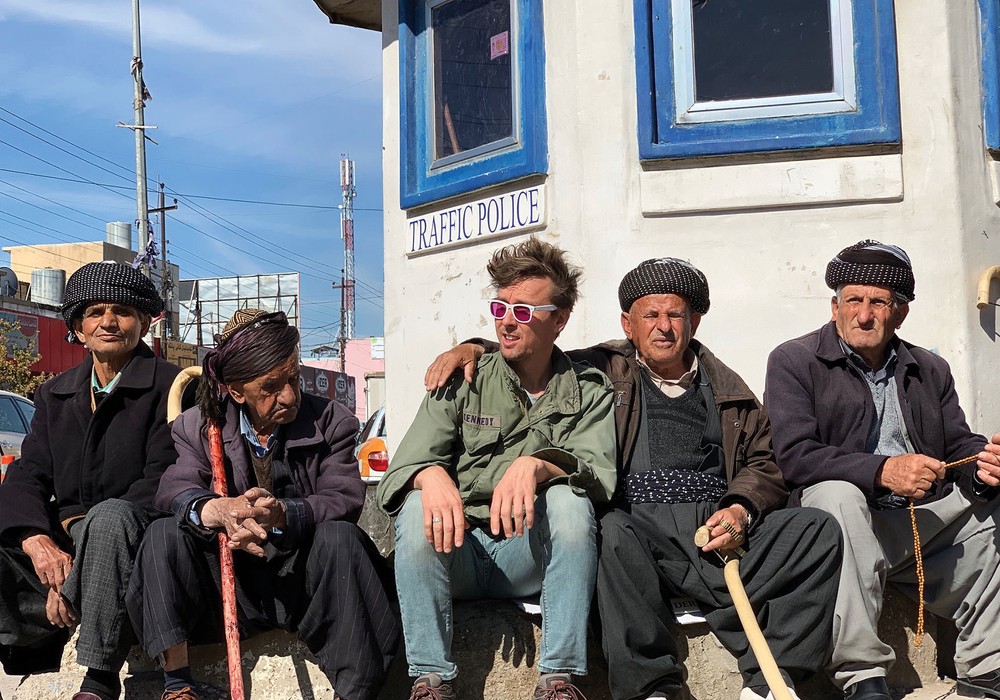Melodies on Hiatus is a 19-song double album. Was there a concept for you, beyond simply a collection of songs?
No, there wasn't, really. To have that in mind, you have to know that you're going to do that. A year after touring [the previous album] Francis Trouble, I started recording songs. In my head, I was going to put an album out quickly. I thought The Strokes would put their next album out, and then I'd put mine out right afterwards. Then the pandemic happened, and it slowed everything down. If there was a concept, it was that I wanted to deconstruct having a band. Normally, I would make demos. Then I'd get my band, we'd play the songs, and we'd record it. That's how we did Francis Trouble. I was thinking, "What if I did something where it stayed in the demo form? Use drum machines and do it with Gus and me at home? Maybe having a friend or two come over to add parts, and keep it in that in that smaller sound?" There was that idea, but I didn't know I would keep going. I kept having songs that I was excited about, so I wanted to see them through. Some of my favorites are songs that came at the very end.
How did you decide when Melodies… was done?
Well, this is what happened. I always do lyrics last. On the demos I sing words, and sometimes that'll be the title. When I first wrote "Old Man," I was strumming the chords on the voice memo and playing it, and the words "old man" came out. I'd sing the songs with gibberish words. But when I had 20 songs of only that, I had to go in to write the lyrics, and I was thinking, "I'm not going to finish this. I'll throw them away and start again." It seemed too daunting. I tried to get friends in other bands to help me write lyrics. Then I met Simon [Wilcox]. We hit it off, and it was like, "Okay, this seems like it's going to work."
Your collaboration with Simon Wilcox was one that was completely remote for a long time, if not the entire process.
I think somewhere inside she probably would have liked to have kept it to never meeting! Maybe there's a romantic concept in that. [laughs] But yeah, we would just talk: First about the songs, or what I thought my gibberish meant, or what she thought my gibberish meant. I always put titles on them, so maybe it was leaning towards a direction, or she had an idea. We would start talking about life. When I listen back, I think she took both of those things and put them into the songs. We would talk, she would do little batches, I would sing them, and we would go back and forth. She would type out the lyrics on a typewriter – it'd be the only copy – and she would drop it in my mailbox. When I found out they were the only copies, I started taking photos of them because I was worried that if I lost one, they would be gone. It was a unique experience. It's not an easy thing to let go of, or to have someone in your mind there, but it worked. She really captured me.
And this wasn't an old friend. This is a person that you met through mutual friends?
She was close friends with the president of the publishing company, and she said that we would get along. We hit it off. We started talking. Sometimes you meet people and you're able to have an easy conversation into weird, dark places or funny places – not something that you can plan for. You meet someone, and it works or it doesn't.
How is that for you, singing these songs?
Sometimes when I sing, and I'm discovering melodies, I phrase very weird because I'm in the moment. Normally I might not figure out how to keep the phrasing and I'll change it. But she kept some of the phrasing that was strange, or some of the syncopation or rhythm...
